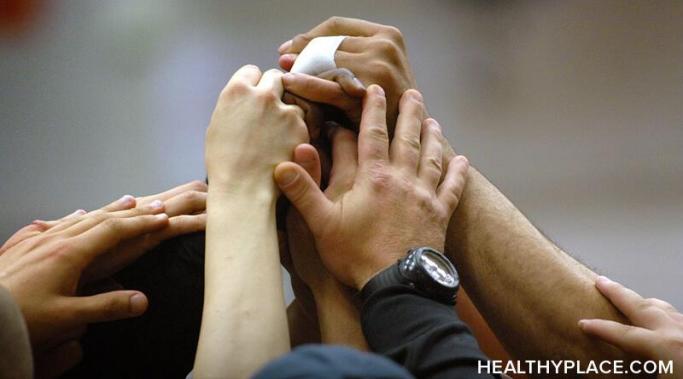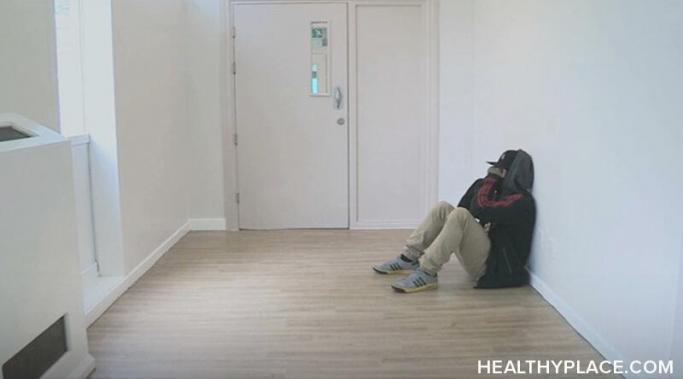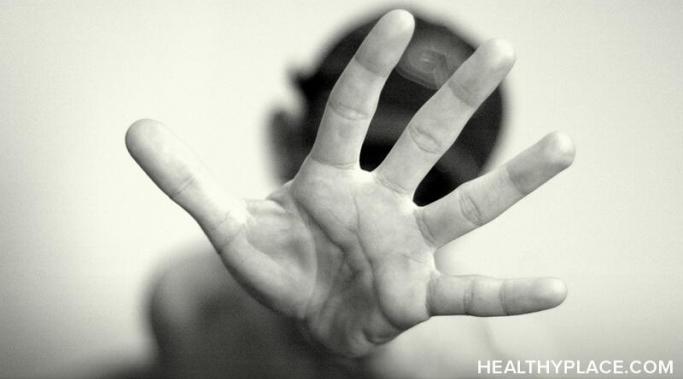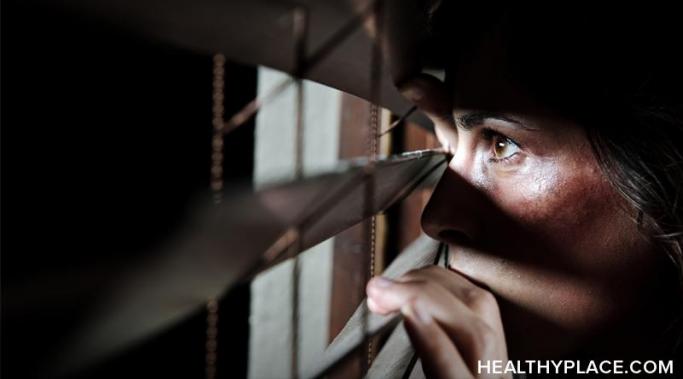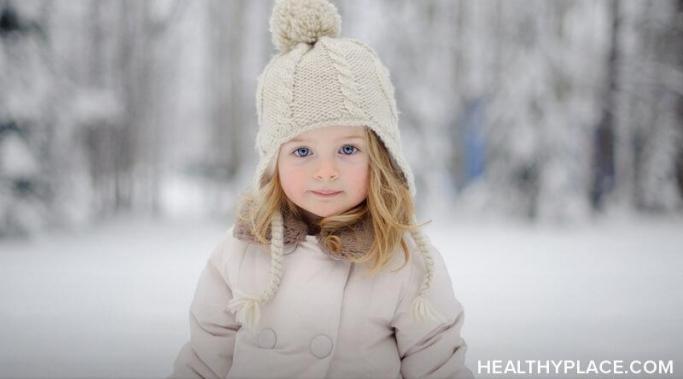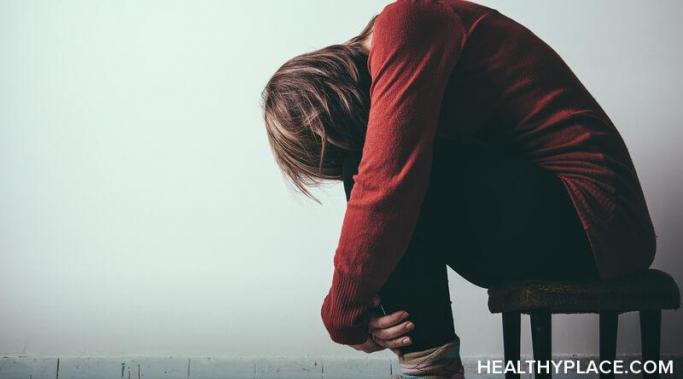Recovery after my first schizophrenic episode crosses my mind each year in January. I like this time of year. Not only is the craziness of the holidays over, but everyone seems to slow down for a few months. Of course, I still have to be careful at this time of year because of my seasonal affective disorder (SAD). But I think I like January because, in January 1999, I recovered after my first schizophrenic episode.
Creative Schizophrenia
Usually, I can figure out the reason for hearing voices. I hear schizoaffective voices a lot. This week, I heard them two days in a row. That’s never happened before. But I think I know why my schizoaffective disorder made me hear voices two days in a row.
Hearing voices in my head is something that happens to me often. I have schizoaffective disorder, bipolar type. This means I experience mood swings and crippling anxiety along with hearing voices. I know the voices in my head aren’t real, but they’re scary anyway. I heard schizoaffective voices in my heaed today. They started while I was on a train platform, waiting to go home from the hospital where I meet with my therapist.
Light therapy increased my schizoaffective anxiety but helps with my seasonal affective disorder (SAD). I am also taking vitamin D, and that plus using the light for 20 minutes every morning seemed to really help with the light deficiency of winter. But after a few weeks of light therapy, I noticed my schizoaffective anxiety was increasing. Here’s what I did about it.
I experience schizoaffective depression and must also cope with seasonal affective disorder (SAD). Seasonal affective disorder means just what it says – you suffer from clinical major depression more acutely in the winter. That happens to me. But I also get extremely anxious in the summer. Here’s how I'm coping with SAD and schizoaffective disorder, bipolar type.
I have schizoaffective disorder plus general anxiety disorder. General anxiety may sound like a mild condition but, for me, it can be torture. When I’m feeling extremely anxious, I often hear voices. And when facing my anxieties triggers schizoaffective voices, it becomes very hard to cope.
Experiencing holiday stress with schizoaffective disorder is understandable. Most people with mental illnesses like schizophrenia and schizoaffective disorder have a hard time around the holidays. There’s just so much pressure—to find everyone the perfect present or even to just weather holiday parties. But you can take charge. Here are some things I do to beat holiday stress, cope with schizoaffective disorder, and have fun, too.
As some of you may already know, I have received a schizoaffective disorder diagnosis. What I have not revealed until this time, is that I am diagnosed with schizoaffective disorder, bipolar type. You may ask, "What does a schizoaffective disorder, bipolar type diagnosis mean?"
Quieter schizoaffective voices are new to me, compared to the loud voices I usually hear as part of my schizoaffective disorder -- a combination of schizophrenia and bipolar disorder. My schizoaffective voices have changed lately. And in a good way. But even the quieter schizoaffective voices usually come on when I’m facing stress in my life.
How can we avoid disaster while partying when living with schizoaffective disorder? We all know that the desire to party is a fundamental aspect of life. Birthdays happen every year, and often parties are held for events such as Independence Day, Christmas, or even Thanksgiving, not to mention people's desire to engage in events such as raves and festivals. However, we all know that partying is usually associated with risky behaviors, such as drinking and taking drugs. This is often the last thing a schizoaffective person should be doing. So how can we avoid problems when partying with schizoaffective disorder?
